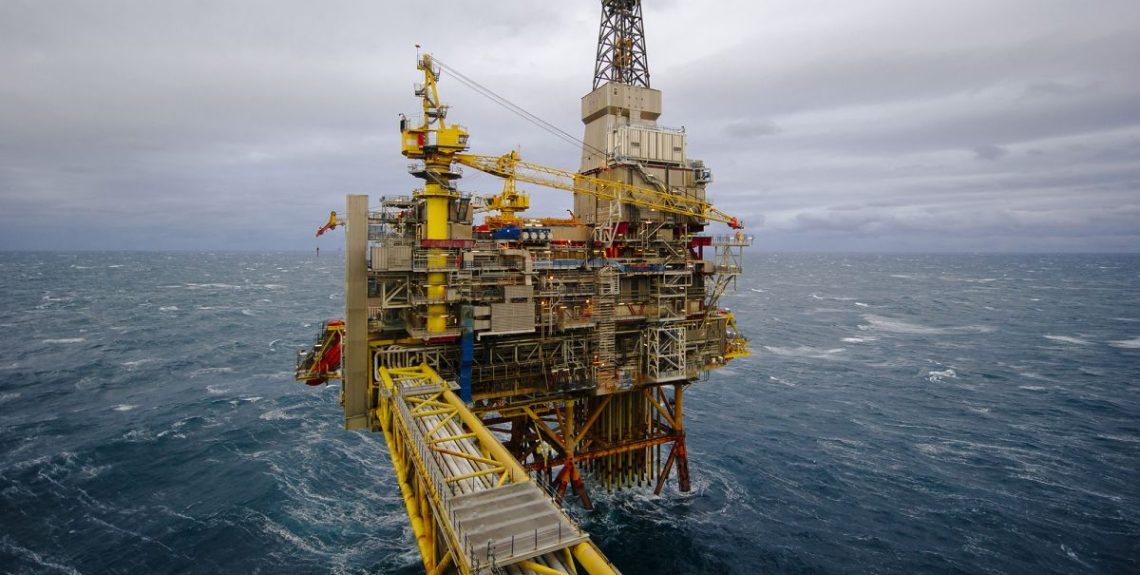Following the explosions that damaged the Nord Stream-1 and Nord Stream-2 pipelines and caused the leakage of natural gas with a significant environmental impact for the Baltic Sea ecosystem, NATO’s reaction was immediate and very hard, expressing the common willingness to protect and provide security of critical energy infrastructures (gas and oil pipelines, power lines, regasification units, refineries, nuclear power plants, as well as also hydroelectric power plants, wind farms and solar power plants).
In the brief official statement released on the 29th September, the North Atlantic Council openly described a “deliberate, reckless and irresponsible acts of sabotage” carried out in international waters to the detriment of the two submarine gas pipelines that directly connected Russia with Germany across the Baltic Sea. Furthermore, NATO has declared its readiness to defend the Allies and their energy security, stating that “any deliberate attack against Allies’ critical infrastructure would be met with a united and determined response“.[1]
In this statement, NATO does not charge any state or non-state actor; nevertheless, according to an exclusively-energy perspective, we can observe that this act of sabotage will prevent the use of these pipelines in the long term, thus depriving Germany and other Central European states of the potential availability of 55 billion cubic meters/year of Russian gas (Nord Stream-1 capacity), which should have doubled with Nord Stream-2. At the time of the attack both pipelines were idle.
The united and compact response of the Atlantic Alliance in condemning sabotage and its economic-environmental impact reflects the high relevance energy security. In particular, the protection of critical energy infrastructures has become a strategic priority, progressively emphasized due to the deterioration of relations with Moscow during the conflict. In the concept of energy security formulated by NATO, the protection of power lines is a key topic as the distribution of “clean” electricity (namely produced from renewable sources) will be essential to successfully achieve the energy transition.[2]
The cross-border dimension of the energy supply infrastructures (primarily oil and gas pipelines, as well as power lines) clearly highlights the criticality of ensuring safety and protection, avoiding sudden interruptions; moreover, if infrastructures cross several states, any attack undertaken by enemy forces (state or non-state actors) will produce transnational repercussions.[3]
Infrastructure protection is under the responsibility of individual states, but NATO contributes in providing security through training and exercises, supporting national authorities in order to strengthen resilience against supplies’ disruption that can affect the national and collective defence system.
In the hours immediately after the Nord Stream’s sabotage, some European NATO member states have strengthened surveillance and control measures on critical energy infrastructures. Given its role in the Baltic Sea and its proximity to the area affected by the explosions, Norway has mobilized the navy and air force units to protect its offshore oil fields, while the army has been deployed to guard onshore energy infrastructures (refineries and oil or natural gas terminals) to prevent accidents: Norway is currently the largest gas supplier for Europe and one of the main oil suppliers.
The meeting of Defence Ministers from Joint Expeditionary Force – a group created at the NATO summit in Wales in 2014 and led by the United Kingdom that includes the armed forces of ten Northern Europe nations, bordering the North Sea and the Baltic (including the prospective NATO members Finland and Sweden) – on Monday, October 3, has clearly stressed the existent high level of alert and the serious concerns of the EU Northern states: the JEF confirmed its commitment to carry out joint monitoring and protection of underwater energy infrastructures.[4]
Italy has also adopted similar initiatives: the Minister of Defence Lorenzo Guerini and the Chief of Defense Staff, Admiral Giuseppe Cavo Dragone, have decided to strengthen the monitoring and control activity – carried out by the Italian Navy with remote-controlled submarines, small robots, and divers – in the most sensitive and vulnerable areas, namely along strategic underwater links that ensure most of the Peninsula’s energy supply. Patrolling activities are focussed on the waters of the central Mediterranean surrounding Sicily, due to the presence of the Transmed underwater pipeline that delivers natural gas from Algeria (now the main supplier of natural gas for our country) to Mazara del Vallo and the Greenstream pipeline from Libya, but they have been also extended to the stretch of the Ionian Sea crossed by the Trans Adriatic Gas Pipeline (TAP) that brings natural gas extracted from Azerbaijan to the Apulia region.
In the Italian case this is not a reaction to the contingent situation, as since February 2022 Navy units and ITAF aircraft have been deployed in the Mediterranean and Ionian in patrol and prevention activities, aimed at controlling the movements of the Russian fleet through the Mediterranean.[5]
In conclusion, the sabotage of the Nord Stream gas pipeline is affecting the evolution of the NATO concept on the energy infrastructures’ protection, moving from the development of countermeasures to face cyber or hybrid threats to concrete initiatives aimed at countering armed attacks, which would provoke economic, environmental and energy damages.
[1] NATO Official Website, Statement by the North Atlantic Council on the damage to gas pipelines, September 28, 2022, https://www.nato.int/cps/en/natohq/official_texts_207733.htm
[2] NATO Official Website, Energy Security, https://www.nato.int/cps/en/natohq/topics_49208.htm
[3] F. Indeo, European critical infrastructures: vulnerabilities and securitisation strategies, in M. Brunelli (ed)., “Understanding radicalization, terrorism and deradicalization”, Rubbettino editore, 2021.
[4] UK Ministry of Defence, Joint statement by Ministers of the Joint Expeditionary Force, October 3, 2022, https://www.gov.uk/government/news/joint-statement-by-ministers-of-the-joint-expeditionary-force
[5] “Dal TAP al Canale di Sicilia, Marina rafforza vigilanza gasdotti”, ANSA, 30 Settembre 2022, https://www.ansa.it/puglia/notizie/2022/09/30/dal-tap-al-canale-di-sicilia-marina-rafforza-vigilanza-gasdotti_1d08dd7c-ed52-4008-bb35-8465e33b6262.html
Fabio Indeo
PhD holder in Geopolitics at the University of Trieste and non-resident fellow at the Center for Energy Governance and Security (EGS South Korea).
























